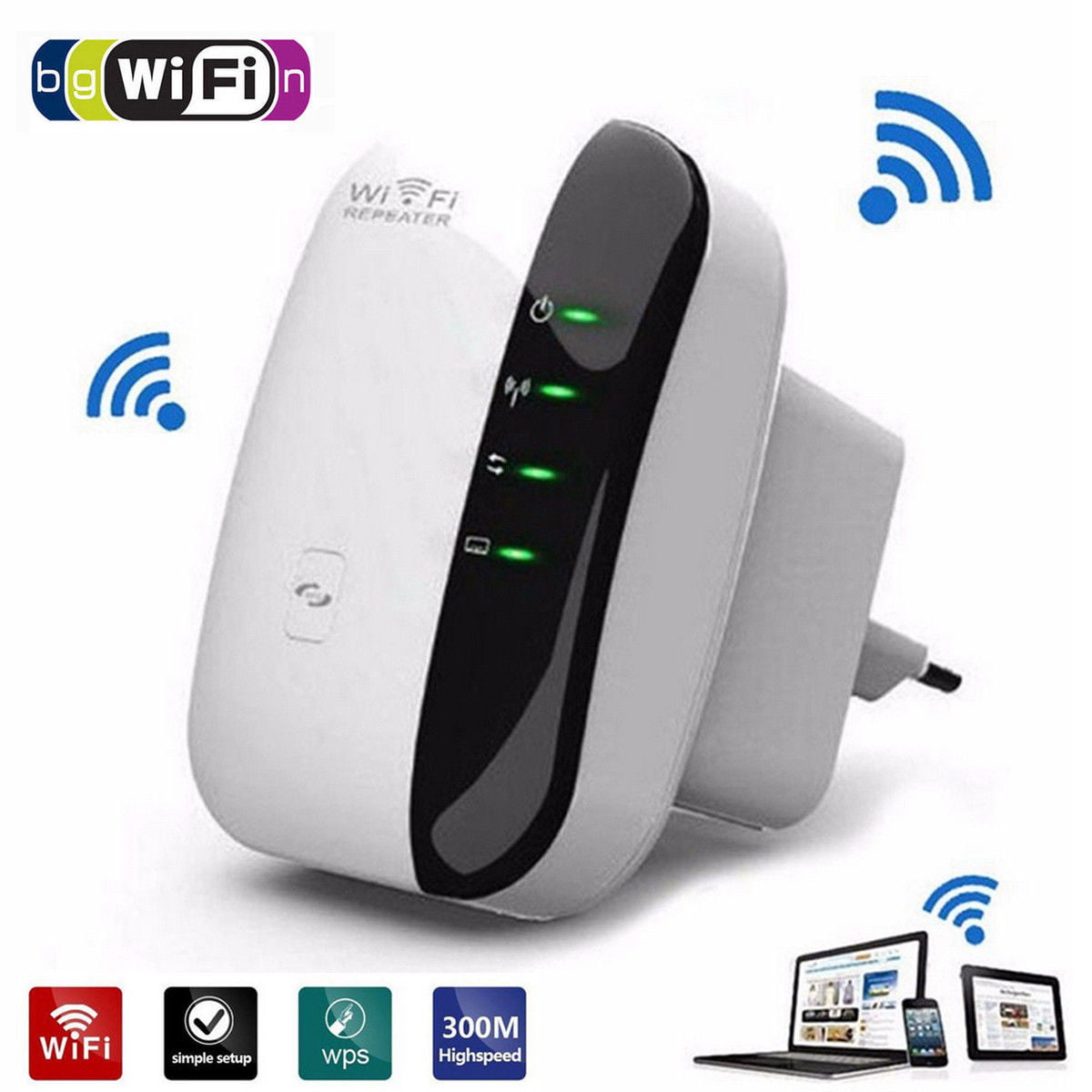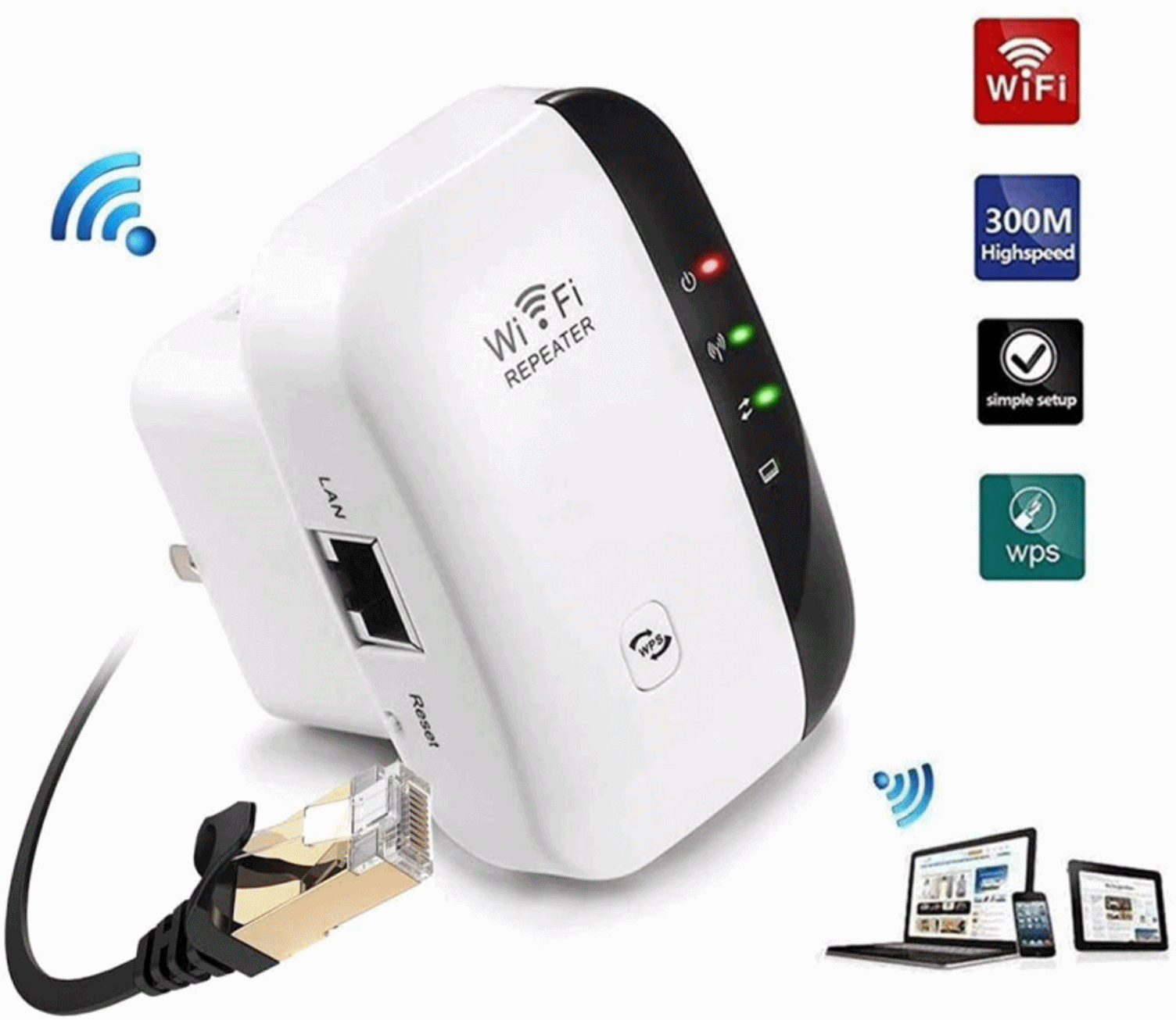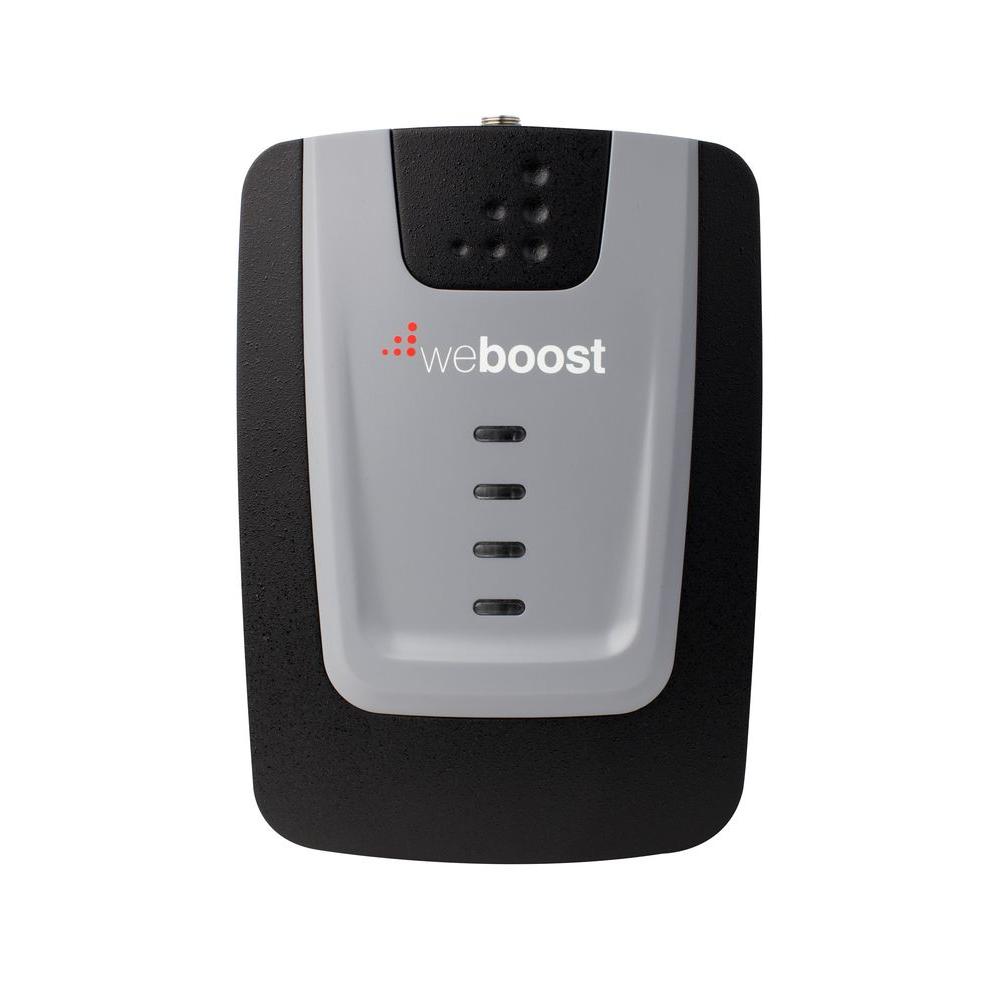
In a large home with multiple repeaters, this can quickly become a lot to keep track of. Wireless Repeaters Are Often Complicated to Useīecause each repeater usually has its own SSID, everyone using the network must relate to multiple network names and passwords and manually choose to move from one network to another. See also: SSID / Network Name Selection: Five Things to Consider. The repeater will usually have its own network name (SSID) and password, which differs from the SSID of the router and any other amplifiers in the home, and that are not automatically synchronized when the other device's SSID is updated. Wireless amplifiers are often complicated to set up

The signal is not actually boosted or amplified, it is repeated (hence the name repeater). Wireless repeaters really amplify nothing and can make matters worseĪ typical repeater uses the wireless router's capacity in the same way as anything else that connects to the wireless network. Here we give you five good reasons to steer away from repeaters – and some advice on what you can do instead. But chances are unfortunately that a repeater does not solve the problem and thus is a waste of money.

This is a small device that can send Wi-Fi signals on to parts of the home where there is bad or no coverage.Ī Wi-Fi repeater is often seen as a quick and inexpensive solution to coverage issues with your wireless network.

A common piece of advice for home users who have problems with wireless coverage is to buy a wireless repeater, frequently also referred to as extenders or boosters.


 0 kommentar(er)
0 kommentar(er)
